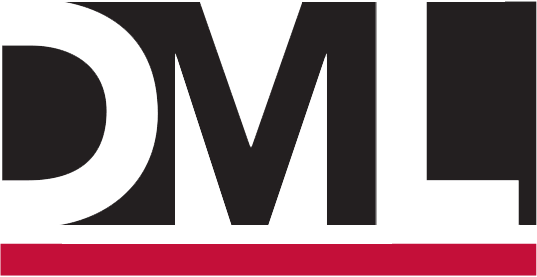What They Never Taught You in School About Substance Use and Addiction
Keynote or Breakout
Description
In the behavioral health field, even if a clinician is not interested in treating addiction, such patients and clients will present for care anyway disguised as family problems, depression, anxiety and with a variety of other symptoms. In addition, mental health problems and alcohol or other drug use frequently co-occur or are intimately involved in etiology and/or treatment.
Physicians and other clinicians have often not had the training in undergraduate or graduate school concerning addiction assessment and treatment. They can feel ill equipped to face the increasing population of multiproblem, complex, co-occurring disordered clients, as well as addiction patients.
This presentation is designed to increase clinicians’ awareness about their attitudes towards addiction; key concepts in addiction; the clinical dilemmas in identifying, assessing and treating addiction clients and those with the dual problems of psychiatric and addiction illness; and ways to engage clients into treatment and recovery.
Reference will also be made to the American Society of Addiction Medicine’ Criteria (The ASAM Criteria, 2013)) and its multidimensional assessment dimensions to better target and focus care in a person-centered manner.
Objectives
Participants will
Identify attitudes about use, hazardous use and addictive use of psychoactive substances and addictive behaviors that can interfere with assessment and treatment of addiction.
Review key concepts about addiction and screening and diagnostic strategies to identify and determine treatment options and interventions for clients.
Apply multidimensional assessment models as a vehicle for common language that enhances a biopsychosocial, holistic, person-centered approach to assessment and treatment.
Discuss current treatment models for addiction including Medication Assisted Treatment and Recovery.
